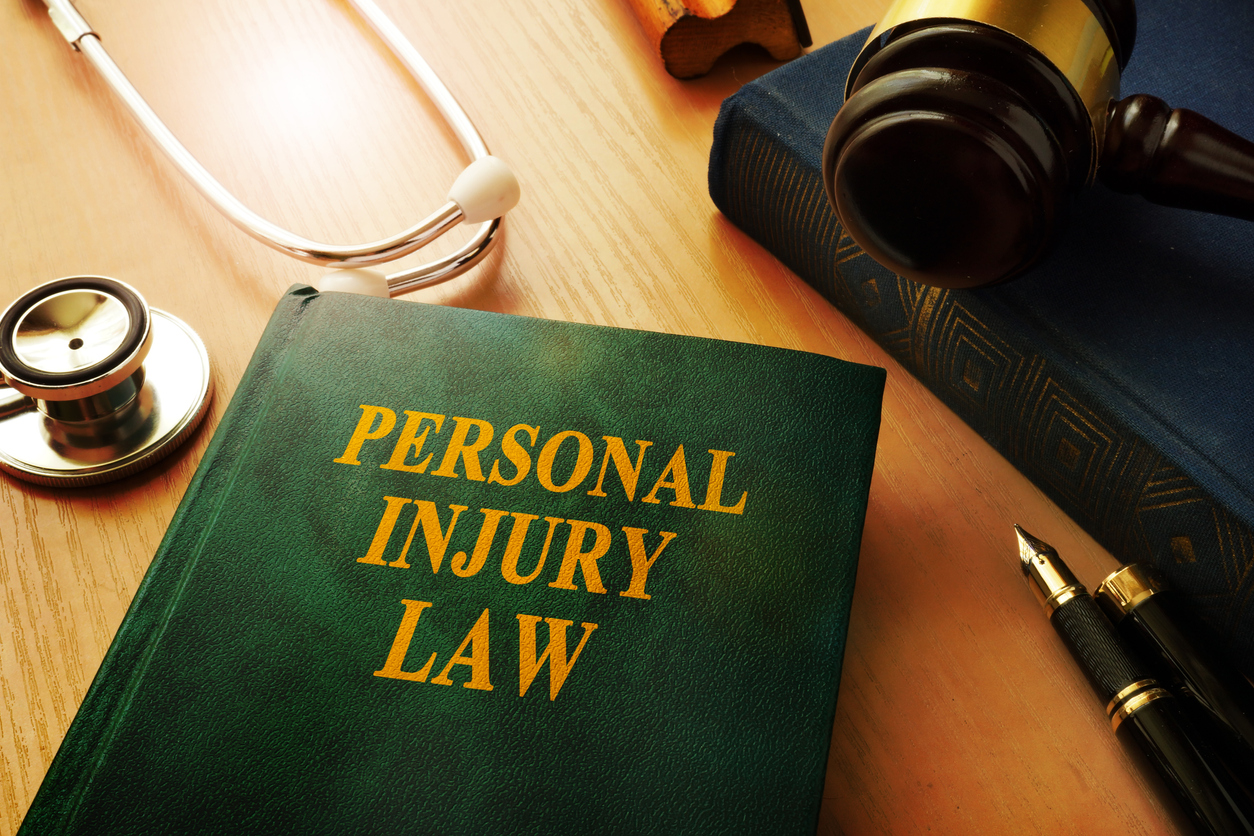Personal injury lawsuits are an essential aspect of the legal system, allowing individuals to seek compensation for injuries sustained due to the negligence of others. An accident attorney in Las Vegas knows more about this topic. In this article, we will share the information we received, including the process of filing a personal injury lawsuit, and provide an overview of the critical elements involved.
What is a Personal Injury Lawsuit?
A personal injury lawsuit is a legal action taken by an individual who has suffered an injury or harm due to the actions or negligence of another party. The injury can be physical, emotional, or psychological, and the lawsuit seeks compensation for damages incurred. Personal injury lawsuits are common in car accidents, slips and falls, medical malpractice, and workplace accidents.
Before Filing a Personal Injury Lawsuit
Before filing a personal injury lawsuit, take a few critical steps. Seek medical attention for your injuries. It is essential to prioritize your health. Receiving prompt medical attention will create a record of your injuries, which can be helpful later.
You should also document the incident that caused your injuries. This includes taking photos, videos, and notes about what happened and collecting the contact information of any witnesses at the scene. This information will help build a case and provide evidence to support your claim.
It is also essential to consult with an experienced personal injury attorney. A lawyer can help you understand your legal rights and options, guide you through the legal process, and represent your interests in court. Many personal injury attorneys offer free initial consultations, so it is worth taking advantage of this opportunity to speak with a lawyer about your case.
Filing a Personal Injury Lawsuit
The first step in filing a personal injury lawsuit is to prepare and file a complaint with the court. A complaint is a legal document that outlines the details of your case, including the facts surrounding the incident that caused your injuries, the damages you suffered, and the legal basis for your claim. Ensuring the complaint is drafted correctly and includes all necessary information to support your case is essential.
Once the complaint has been filed, the defendant (the party you are suing) will be served with a copy of the complaint, along with a summons, which is a document that requires them to respond to the lawsuit within a certain timeframe. The defendant will then have the opportunity to file a response to the complaint, admitting or denying the allegations against them.
Discovery
After filing the complaint and response, both parties will begin the discovery process. Discovery is the process of exchanging information and evidence related to the case. This may involve depositions, where witnesses or parties involved in the case are questioned under oath, as well as requests for documents or other evidence that may be relevant to the case.
Discovery is an important part of the process because it allows both parties to gather information and build their cases. It can also help to identify weaknesses or inconsistencies in the other party’s case.
Pretrial Motions
Once the discovery process has been completed, both parties may file pretrial motions and requests made to the court to resolve specific issues before the trial begins. Pretrial motions may include dismissing the case, excluding particular evidence from the trial, or compelling the other party to provide additional evidence.
Settlement Negotiations
At any point during the legal process, the parties may engage in settlement negotiations. Settlement negotiations are an attempt to resolve the case without going to trial. If the parties can settle, the case will be resolved, and no trial will be necessary.
Settlement negotiations can occur at any stage of the legal process, and either party can initiate them. It is important to note that settlements are legally binding agreements, and once a settlement is reached, the case cannot be pursued any further.
Trial
The case will proceed to trial if a settlement cannot be reached. During the trial, both parties will present their cases to a judge or jury, who will decide the case’s outcome. The trial process can be lengthy and complex, and it is essential to have a skilled personal injury attorney representing your interests.
Both parties will present evidence, witnesses, and arguments to support their cases during the trial. The judge or jury will then evaluate the evidence and arguments and decide on the case. If the judge and/or jury finds in favor of the plaintiff (the person who filed the lawsuit), they will be awarded compensation for their damages.
Appeal
If one of the parties is unhappy with the trial’s outcome, they may choose to file an appeal. An appeal is a legal process where a higher court reviews the decision of the trial court. Appeals are based on specific legal grounds, such as errors made by the trial court or new evidence not presented during the trial.
If an appeal is filed, the case will be reviewed by a higher court, and a decision will be made on whether or not to uphold the original decision. If the decision is overturned, the case may be retried, or a new settlement may be negotiated.
Conclusion
Filing a personal injury lawsuit can be a complex and lengthy process. Still, it is an important step for individuals who have suffered injuries or harm due to the negligence of others. By following the steps outlined in this article, you can better understand the legal process of filing a personal injury lawsuit and ensure you have the best possible chance of achieving a successful outcome.
It is important to remember that every personal injury case is unique, and the legal process may vary depending on the specific circumstances of your case. Working with an experienced personal injury attorney can help to ensure that your rights are protected and that you receive the compensation you deserve for your injuries. Get the help you need consulting a high qualify lawyer.
